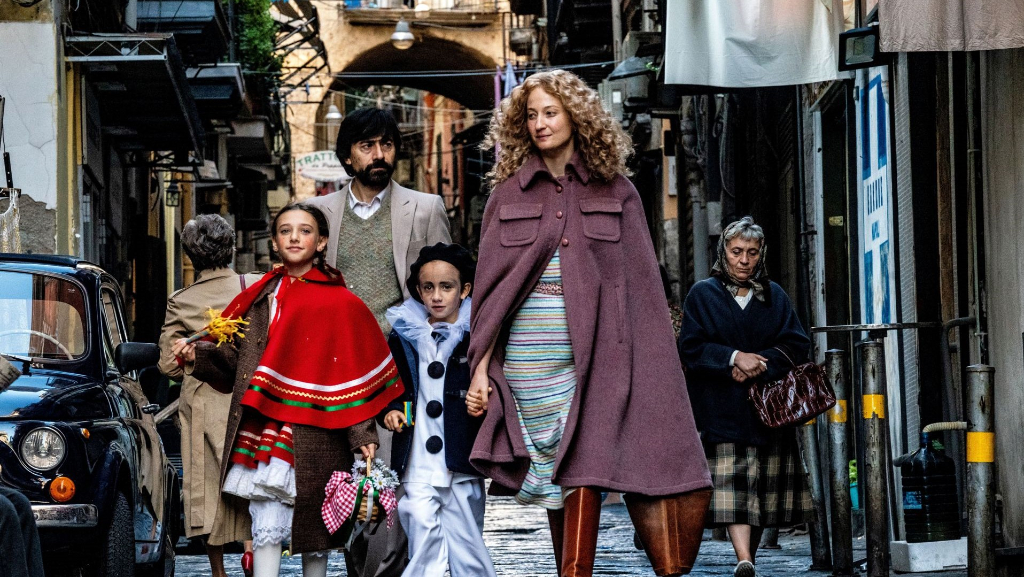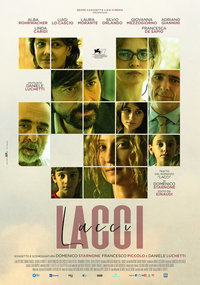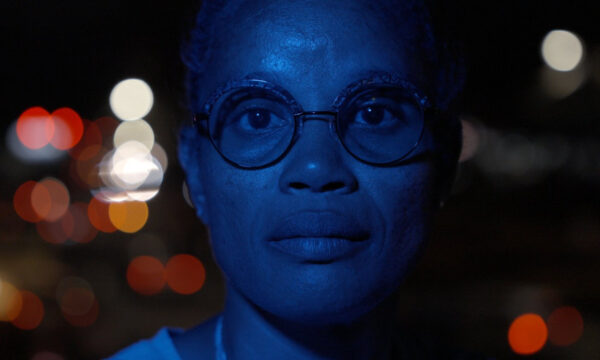The Ties (Lacci)

This Be The Film! A functioning contraceptive for those who dare to wish children on themselves, The Ties is also a rote and competent slice of naturalist Italian family drama, offering instant recall to the only poet English critics have ever read, Philip Larkin. As Larkin tells it, misery descends through the ages, imparted from mother to daughter and father to son. The past aches and asserts itself in the present. Eventually, the present hits back, wringing gleeful destruction. If this critic were French, he’d be citing Émile Zola.
By indirect tribute, director Daniele Luchetti offers a sympathetic view of marital breakdown and childhood dysfunction from several generational perspectives. Aldo (Luigi Lo Cascio, anonymous) is a semi-famous man of letters, unhappily married to Vanda (Alba Rohrwacher, ever distinctive). They are parents to one boy and one girl. He is having an affair with a younger woman named Lidia (Linda Caridi), whose attributed intellect and beauty is an essential counterpoint to Vanda, depicted as rash and unstable.
Aldo’s infidelities precipitate a timeline of history, of which we see two snapshots: the couple’s initial separation in the early 1980s and their apparent reconciliation in the present day. The film leaps between these periods by means of crooked chronology, which maintains intrigue in the narrative omissions and elicits a quiet reveal in the final act. Through demonstrative refrains, the viewer absorbs the echoes of levity and trauma. The good times come with halting, nasal trumpets; the bad with Bach’s forlorn piano. The couple, older now (played by Silvio Orlando and Laura Morante), hold onto regrets and resentments as time ticks on.
Themes of truth and betrayal appear embossed in clumsy intertextual references, only half-ironised. A family of bear cubs feature on a TV nature programme; Aldo speaks in a radio discussion about F Scott Fitzgerald’s Tender is the Night; a contributor gives a cursory summary of the theories of Carl Jung. One withheld disturbance centres on a list of synonyms. Better to do that sort of intellectual legwork through images. Light-dappled close-ups illustrate the happy times in Naples while the rain pounds down in contemporary Rome. Self-aware suits and drab check-shirts usefully suggest characters’ relative wealth and psyche, which gives faint texture to a feature that functions mainly in pairs and in dialogue.
Luchetti indicates and then emphasises the children’s point of view. The fights. The deceit. The antagonism. As adult siblings (Giovanna Mezzogiorno and Adriano Giannini), they seek a reckoning, delivering the most psychologically suggestive sequence. That crucial line of empathy in Larkin’s cautionary lament – “But they were fucked up in their turn” – functions as delayed reverb, translated into Aldo’s po-faced olive branch to Vanda: “It’s not easy to suffer in a nice way”. In this film, the sentiment remains where the cadence falls away. Suffering is etched in the faces of the children, those of whom are unfortunate enough to grow up.
Joseph Owen
The Ties (Lacci) does not have a UK release date yet.
Read more reviews from our Venice Film Festival 2020 coverage here.
For further information about the event visit the Venice Film Festival website here.




















Facebook
Twitter
Instagram
YouTube
RSS